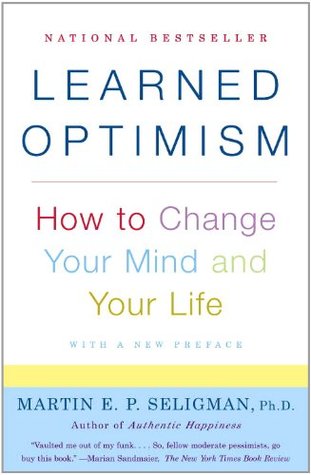More on this book
Community
Kindle Notes & Highlights
Read between
July 31, 2020 - March 23, 2021
Roy Baumeister and his colleagues (1996)3 reviewed the literature on genocidal killers, on hit men, on gang leaders, and on violent criminals. They argued that these perpetrators have high self-esteem, and that their unwarranted self-esteem causes violence. Baumeister’s work suggests that if you teach unwarrantedly high self-esteem to children, problems will ensue. A sub-group of these children will also have a mean streak in them. When these children confront the real world, and it tells them they are not as great as they have been taught, they will lash out with violence. So it is possible
...more
Even if my belief is correct, you say to yourself, what are its implications? Judy was older than the rest of the students. But what does that imply? It doesn’t mean that Judy is any less intelligent than they are, and it doesn’t mean that nobody would want to hire her. Katie’s breaking her diet doesn’t imply she’s a total glutton, it doesn’t imply she’s a fool, and it certainly doesn’t mean she should let her diet unravel completely. How likely, you should ask yourself, are those awful implications? How likely is it that three Bs mean no one will ever hire Judy? Do a couple of chicken wings
...more
Learning optimism does not erode your sense of values or your judgment. Rather it frees you to use a tool to better achieve the goals you set. It allows you to use to better effect the wisdom you have won by a lifetime of trials.
What we want is not blind optimism but flexible optimism—optimism with its eyes open. We must be able to use pessimism’s keen sense of reality when we need it, but without having to dwell in its dark shadows.


